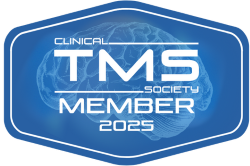
JOIN US! TMS Education Event - Tuesday, April 9th 5:30pm pst - Click to learn more!
Alzheimer's Disease
TMS for Alzheimer's Disease
Alzheimer's disease represents the primary reason for dementia, a broad term describing significant memory loss and other cognitive impairments that disrupt everyday activities. It is responsible for 60-80% of all dementia cases. It is a progressive disorder that causes brain cells to degenerate and die, leading to a steady decline in memory and mental function. While the most known symptom is memory loss, the disease also affects thought, language, and behavior. Risk factors for Alzheimer’s Disease include increasing age, sex (female), genetics (APOE4), and a history of head injury.
Why TMS for Alzheimer's Disease?
How Brain Changes Influence Alzheimer's Disease:
Alzheimer's disease is characterized by the buildup of amyloid plaques and tau tangles in the brain, which disrupt cell function and trigger cell death. These changes usually start in the hippocampus, the area of the brain essential for forming memories, and as neurons die, additional parts of the brain are affected, leading to the symptoms we associate with the disease. As Alzheimer's advances, it leads to widespread brain atrophy.
Common Symptoms of Alzheimer's Disease:
- Memory Loss: Especially forgetting recently learned information, important dates or events, and increasingly needing to rely on memory aids or family members.
- Challenges in Planning or Solving Problems: Difficulty following familiar recipes, keeping track of monthly bills, or difficulty concentrating.
- Struggling with Routine Activities: Experiencing problems navigating to a well-known place, handling financial budgets, or recalling the rules of a preferred game.
- Disorientation in Time or Location: Forgetting the current date, season, and how time is progressing.
- Trouble Understanding Visual Images and Spatial Relationships: Difficulty reading, judging distance, and determining color or contrast, potentially causing problems with driving.
- New Problems with Words in Speaking or Writing: Trouble following or joining a conversation, stopping in the middle of a conversation and not knowing how to continue, or repeating themselves.
Traditional Treatments and Their Limitations:
There is currently no cure for Alzheimer's disease. Therapy aims to assist individuals in preserving cognitive abilities, controlling behavioral symptoms, and decelerating the progression of the disease's symptoms. Common treatments include pharmaceuticals like cholinesterase inhibitors and memantine to help lessen or stabilize symptoms for a limited time by affecting certain chemicals involved in carrying messages among the brain's nerve cells. Nevertheless, these therapies do not halt the fundamental deterioration and loss of brain cells. Alzheimer's is a progressive condition, with dementia symptoms steadily intensifying over several years..
How TMS Targets Alzheimer's Disease:
TMS is currently being studied as a potential treatment for Alzheimer's disease. The treatment involves targeting specific areas of the brain affected by Alzheimer's with magnetic pulses. The goal is to stimulate these areas to improve cognitive function, memory, and other affected areas of brain performance. While still in the research phase, TMS presents a promising non-invasive alternative or adjunct to current treatment options, with the potential to improve quality of life for those with Alzheimer's.
Key Benefits of Accelerated TMS for Alzheimer's Disease:
- Non-Invasive and Safe: TMS is a non-surgical procedure and doesn't require any medication, making it a potential option for those unable to tolerate traditional treatments.
- Targeted Treatment: Can be directed at specific regions of the brain known to be involved in memory and cognition.
- Complementary to Existing Treatments: TMS can be used in conjunction with traditional Alzheimer's treatments.
- Potential to Improve Symptoms: Early research suggests TMS might help improve cognitive function, mood, and quality of life in some individuals.
- Minimal Side Effects: Typically well-tolerated, with a low risk of side effects compared to pharmaceutical interventions.
What patients are saying
"Desperate and struggling, my therapist recommended TMS. With an open mind and cautious optimism, I tried it. In just five days, my anxiety improved significantly. The clinic staff was fantastic, offering counseling and education on anxiety. The whole experience, including aftercare and follow-up, made a huge difference. I wholeheartedly recommend Accelerated TMS at Kind Health Group. Thank you, Dr. Nanos, and your amazing team"
If this is a life-threatening emergency, please call 911 or the National Suicide Prevention Lifeline














































